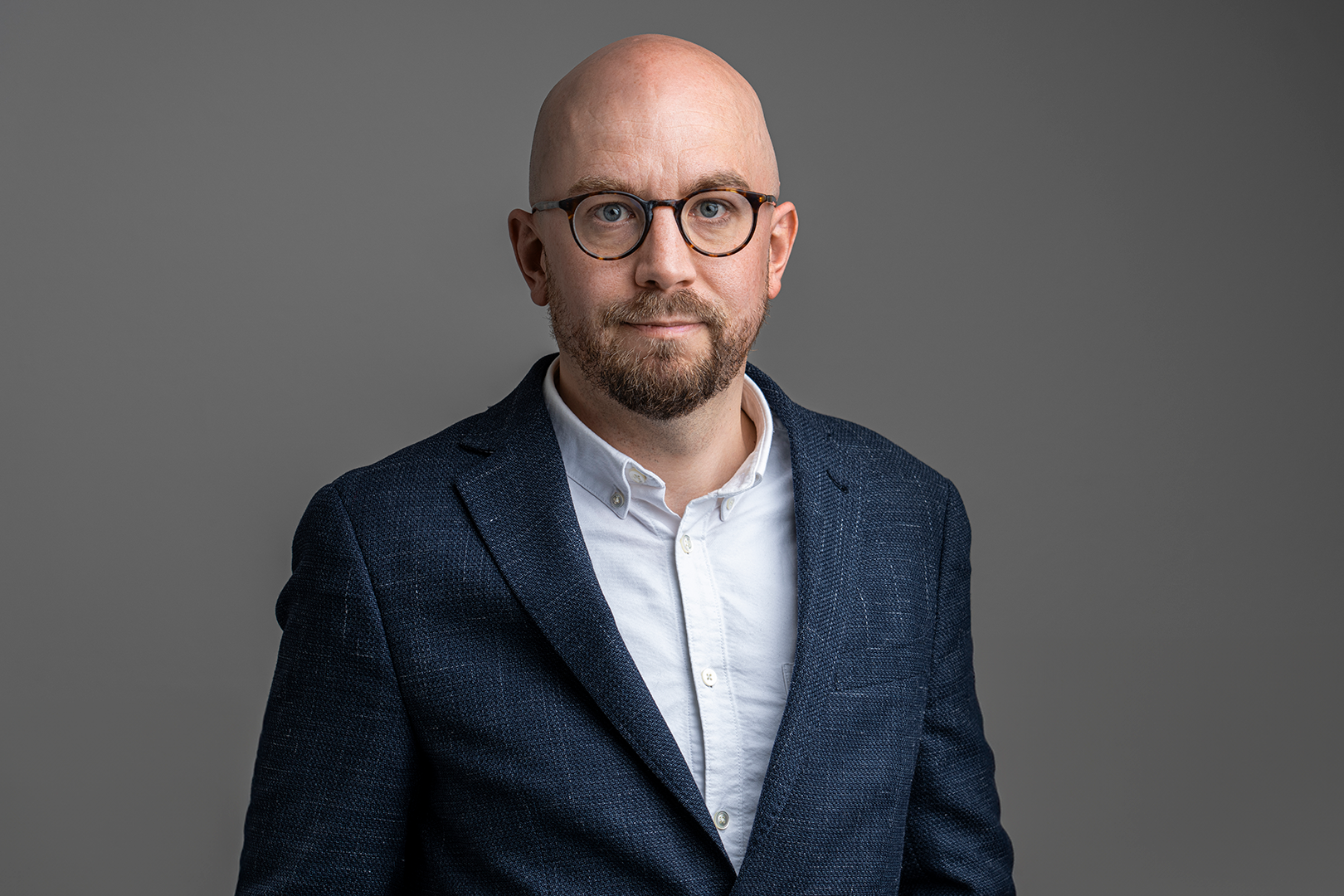Mathias Hein Jessen
Research leader

Project title
Visions of Corporate Politics: Intellectual Histories of the State-Firm Analogy
What is your project about?
The project is about contestations over the state-firm boundary. We are today witnessing increased contestations over the future of liberal democracies, where a central conception has been that of ‘democratic capitalism’ where state and firm operated in the political and economic sphere respectively, and where a good and just society relied on the non-interference of democratic political institutions on one hand and free markets on the other. The project analyzes the constitution of the distinction between state and firm as well as two contemporary ‘visions of corporate politics’ which are ideologically distinct answers to the crisis of liberal democracy which both contest the state-firm boundary. One seeking to democratize the firm, and the other trying to build political communities on principles of corporate governance through network states, gov-corps and start-up governments.
How did you become interested in your particular field of research?
I started my PhD in the wake of the scandals of private military companies in the Iraq and Afghanistan wars. I was very interested in private companies taking over tasks that we associate with the sovereign state, such as war. When looking at that historically, the anomaly is rather that we have come to have such a sharp distinction between state and firm, and what tasks they should undertake. Generally, I have been very interested in how modern categories such as public/private, politics/economics and state/firm emerge and develop, and what that means for how we understand and act in our societies. Today we are witnessing an increased contestation of these categories and you could argue that these distinctions are increasingly problematized, and that has significant consequences for how we think both political and economic governance.
What are the scientific challenges and perspectives in your project?
The project is highly interdisciplinary. It is rooted in the approach of intellectual history, but covers issues and discussions across philosophy, political theory, law, sociology, business studies, corporate governance, the history of political thought, and economics. That brings in some challenges in research leadership, but also some important perspectives. It requires an interdisciplinary perspective and approach in order to understand the relation between the state and the firm and the way these categories and forms of governance have developed and are changing and being contested today.
What is your estimate of the impact, which your project may have to society in the long term?
Can and should the state be run like a firm? Can the model of the firm improve government efficiency, and is the best political leader one with private business acumen? Should the firm be run like a state, and should political and democratic structures be extended to the firm and employees? These questions reflect the crisis of liberal democracy and represent a critique which can be found on both sides of the political spectrum. We are currently witnessing some fundamental critiques and transformations of liberal democracies, as well as of the central categories that we have understood our societies through in the 20th century. This project contributes to understanding those critiques and the contemporary transformations of political and economic institutions.
Which impact do you expect the Sapere Aude programme will have on your career as a researcher?
I believe it will have a significant impact on my career, and I am very honored to receive it. My previous research project enabled me to become part of an emerging research field on the political theory of the corporation and to introduce intellectual history to this field. The Sapere Aude-grant will allow me to cement my role, as well as that of intellectual history, within this emerging and vibrant research field, and to become a leading driver in it. It will help me further develop my research leadership skills, and it will allow me to develop my research on the intellectual history of the state, firm, corporation and their interrelation, and to further cultivate and extend my international collaborations.
Background and personal life
I have a bachelor's degree in Business Administration and Philosophy from Copenhagen Business School and a Master’s degree and a PhD in The History of Ideas from Aarhus University. I have also been a visiting scholar at the Goethe-University in Frankfurt am Main and at EHESS in Paris. In 2016, I came to CBS as a post doc, and have since then become an Associate Professor. I live in Nørrebro with my partner and our three children. I have three boys under the age of 9, so that takes up most of my time outside of work. Other than that, I try to find time to see friends and family, to read fiction, to watch a good movie or TV series, a football match or some cycling. Or even to playsome football myself, take a run or go for a bike ride.
View all research leaders here
Research institution
Copenhagen Business School
Research field
Intellectual History
City of your current residence
Copenhagen Municipality
High school
Christianshavns Gymnasium
